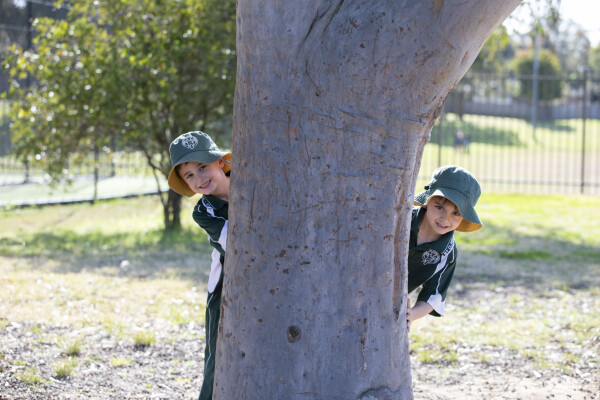
St Clare's
Narellan Vale
Narellan Vale
A Catholic Parish Primary School
 Promoting ecological conversion and environmental sustainability
Promoting ecological conversion and environmental sustainabilityAt St Clare's, our students and staff take an active role in being stewards of creation and 'caring for our common home’.
Inspired by Pope Francis’ environmental encyclical, Laudato Si’, our school community understands that we have to respond to the environmental challenges of the 21st century with creative and thoughtful planning, education and concrete actions that can make a difference to the health of our planet, all people and all creatures.
Our commitment to being responsible members of Planet Earth is evident in our classroom learning and teaching, the prayer and liturgical life of our school, our resource and grounds management, and whole school planning for community initiatives that contribute to the betterment of our environment and our relationships with one another.
Our school also has a School Environment Management Plan (SEMP) which identifies and plans for our key environmental actions and projects. These include:
For more information, visit the CEDoW Wollongong Environment Network